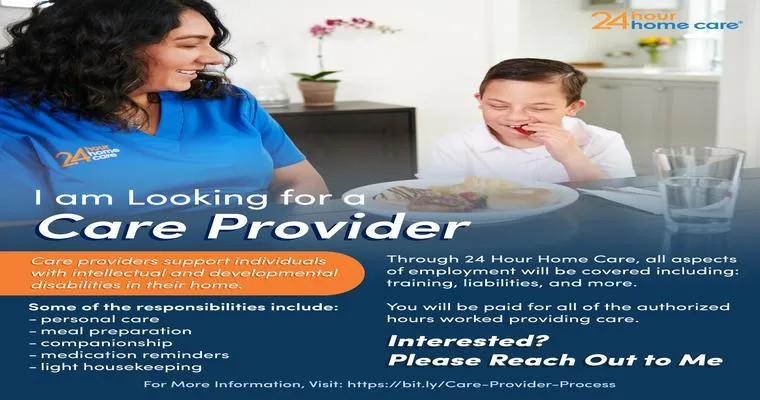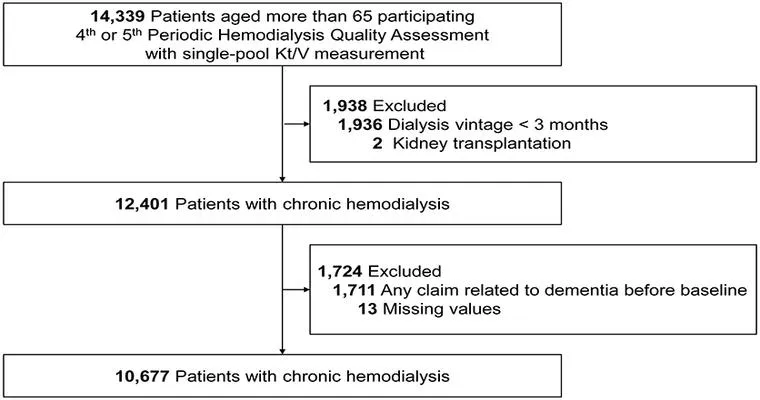Finding "24 hour care" can be a daunting task, especially when you want the best for your loved ones. Whether you are looking for in-home assistance or a residential care facility, it is important to gather the right information to make an informed decision. This article will provide you with essential tips and resources to help you navigate the process of finding quality "24 hour care".
Understanding Your Options
Before you begin your search for "24 hour care", it is crucial to understand the different types of services available. Here are the primary options:
1. "In-Home Care": This service allows caregivers to come to your home to provide assistance with daily activities, medical care, and companionship. In-home care can be tailored to meet the specific needs of the individual.
2. "Assisted Living Facilities": These facilities offer a community environment where residents can receive help with daily tasks while maintaining a level of independence. Assisted living usually provides 24 hour staffing and emergency services.
3. "Nursing Homes": If your loved one requires more intensive medical care, a nursing home may be the best option. These facilities have trained medical professionals available around the clock to address health needs.
Assessing Your Needs
To find the right "24 hour care", you need to assess the unique needs of your loved one. Consider the following:
"Medical Requirements": Does your loved one have any chronic conditions that require constant monitoring or specialized care?
"Personal Preferences": Does your loved one prefer to stay at home, or are they open to relocating to a care facility?
"Budget Constraints": Determine how much you can afford to spend on care services. This can significantly influence your decision.
Researching Care Providers
Once you have a clear understanding of your needs, it is time to research potential care providers. Here are some effective ways to gather information:
1. "Online Reviews and Ratings": Websites like Yelp and Google Reviews can provide insights into the experiences of other families with specific care providers. Look for feedback on the quality of care, staff professionalism, and overall satisfaction.
2. "Referrals and Recommendations": Ask friends, family, or healthcare professionals for their recommendations. Personal experiences can be incredibly valuable when making your decision.
3. "Professional Organizations": Organizations such as the National Association for Home Care & Hospice or the Assisted Living Federation of America can offer resources and lists of accredited care providers.
Conducting Interviews and Assessments
After narrowing down your options, it is crucial to conduct interviews with potential care providers. Prepare a list of questions to ask, including:
What types of services do you offer?
How are caregivers selected and trained?
What is the staff-to-patient ratio?
How do you handle emergencies?
Additionally, if possible, arrange for an in-person assessment of your loved one's needs. This will help the provider tailor their services appropriately.
Making the Decision
Once you have gathered all the necessary information, it is time to make a decision. Trust your instincts and choose a provider that you believe will offer the best care for your loved one. Keep in mind that it is okay to change providers if you feel that the care is not meeting expectations.
Conclusion
Finding "24 hour care" requires thorough research and consideration of your loved one's unique needs. By understanding your options, assessing needs, researching providers, and conducting interviews, you can make an informed choice. Remember, the goal is to provide a safe and supportive environment, ensuring your loved one receives the care and attention they deserve.





